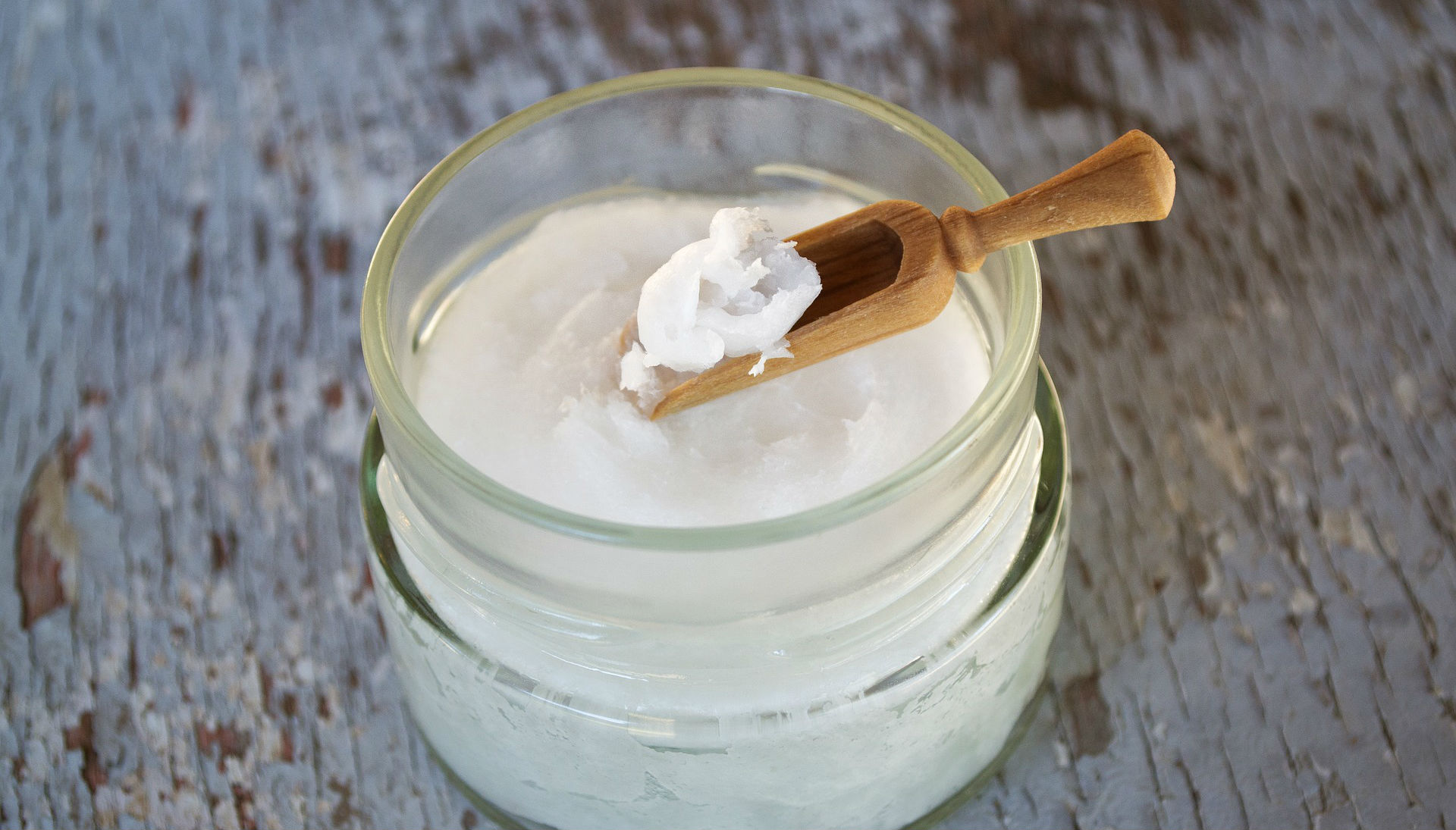
'Coconut oil is poison'
Karen Michels, professor and epidemiologist at the Harvard School of Public Health, has been outspoken about the health effects of coconut oil.
In recent years and thanks in large part to the popularity that various famous personalities have created, the consumption of coconut oil has increased worldwide. The reasons for this are the supposed dietary, aesthetic and beauty benefits that this type of oil contains.
In the field of beauty, experts highlight its moisturizing power for skin and hair. Among the dietary benefits, its action against abdominal fat, which helps with weight loss, stands out. Many publications recommend the use of coconut oil to fry food and its use as an alternative to sunflower oil, corn oil and soybean oil. According to experts, coconut oil generates fewer toxic effects than these alternatives and also loses fewer nutrients than olive oil when subjected to high temperatures.
However, all these benefits have fallen to the ground with the thesis presented by Karen Michels, professor and epidemiologist at the Harvard School of Public Health. In a video posted on YouTube, which already exceeds one million visits despite being in German, the teacher says that coconut oil is one of the worst foods you can eat.
RELATED CONTENT
During the 50-minute conference, Michels not only questions all of the dietary benefits associated with coconut oil, but goes even further, defining it as "pure poison." According to this expert, the consumption of this oil is even more dangerous than the consumption of lard, since it contains almost exclusively saturated fatty acids. These can clog the arteries, generating a number of cardiac problems.
The reactions have been prompt. Online, you can find many comments for and against Michels' thesis. However, this is not the first time that the scientific community has warned about the risk of consuming coconut oil. A year ago, the American Heart Association published an article discouraging the consumption of this type of oil, also noting its high content of saturated fats.
Michels also questions the need to consume other "superfoods," indicating that all the properties that these items contain can be found in other foods that we already have available to us.











LEAVE A COMMENT: